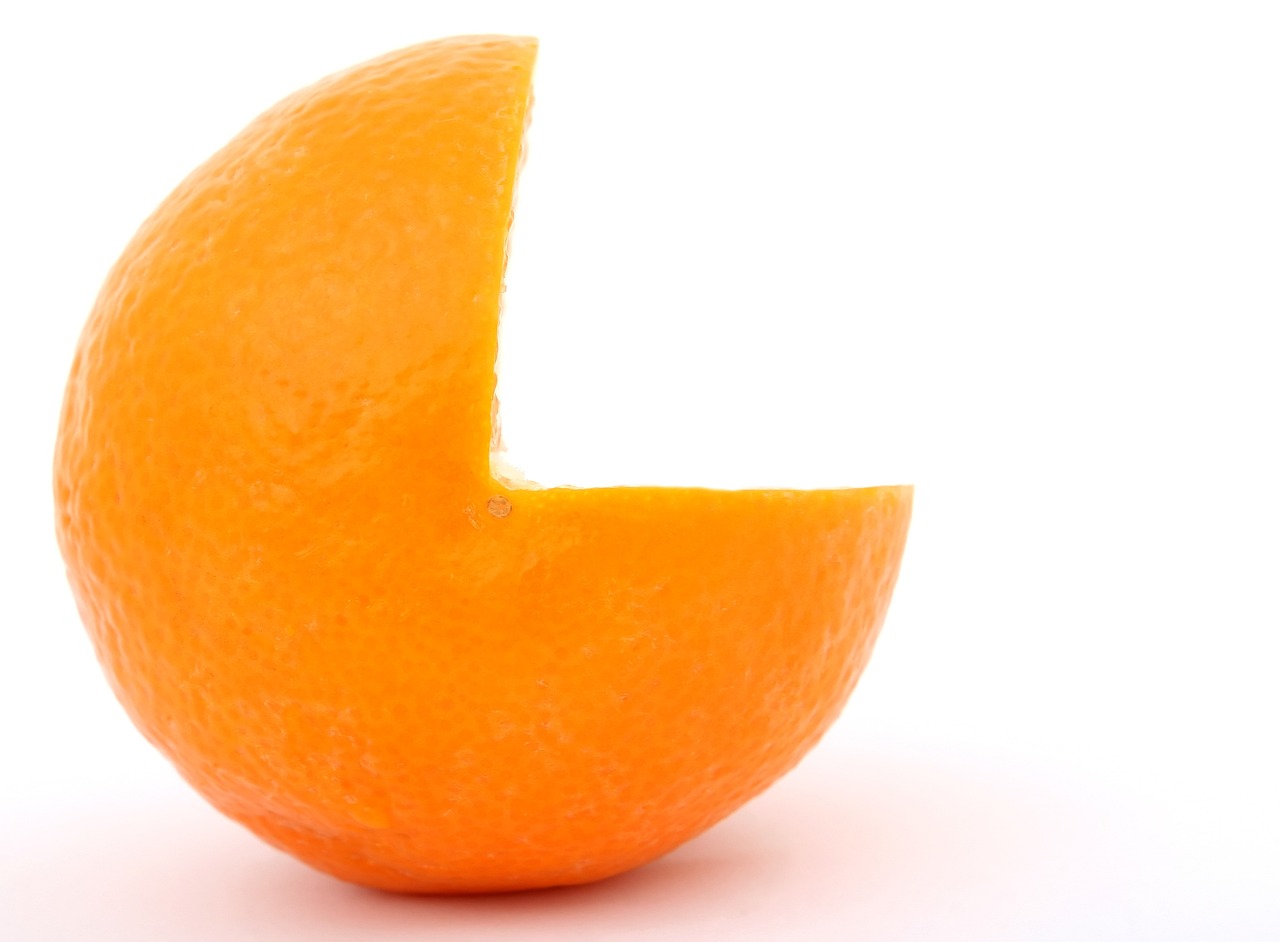
Water is the source of life, and it’s no secret that staying hydrated is essential for our overall well-being. However, did you know that hydration plays a crucial role in optimizing exercise performance? Whether you’re a seasoned athlete or just starting out, the amount of water you consume before, during, and after exercise can make all the difference in achieving your fitness goals. In this article, we’ll dive into the science behind hydration and how it affects your body during physical activity. So grab a glass of water and let’s explore the key to unlocking your full potential in your next workout.
1. Quench Your Thirst: The Importance of Hydration in Exercise Performance
When it comes to exercise performance, hydration is a crucial aspect that should not be overlooked. Dehydration can cause a significant decrease in physical performance, leading to fatigue, dizziness, and even muscle cramps. Therefore, it is important to understand the significance of hydration and how it can impact your exercise routine.
First and foremost, staying hydrated helps regulate your body temperature, which is essential during exercise. When you exercise, your body temperature increases, and sweating is your body’s way of cooling down. However, if you are dehydrated, your body won’t have enough fluids to produce sweat, which can lead to overheating and exhaustion. Additionally, staying hydrated can help prevent injuries by keeping your joints lubricated and reducing the risk of muscle strains.
- Drink water before, during, and after exercise to maintain hydration levels.
- Monitor your urine color; if it’s dark, it may indicate dehydration.
- Avoid sugary or caffeinated drinks, as they can dehydrate you.
Overall, staying hydrated is essential for optimal exercise performance. It is recommended to drink at least eight glasses of water a day, and even more if you are exercising. Remember, your body is made up of 60% water, and keeping it hydrated is crucial for maintaining a healthy lifestyle.
2. The Science Behind Hydration: Why Water is More Than Just a Thirst Quencher
Water is the most essential nutrient for life. It makes up about 60% of our body weight and is involved in almost every bodily function. Drinking enough water is crucial for maintaining optimal health and preventing dehydration. But, water is more than just a thirst quencher. Here’s the science behind hydration:
– Water helps regulate body temperature: When we sweat, our body loses water and electrolytes, which can lead to dehydration. Drinking water helps replenish the lost fluids and regulates body temperature.
– Water aids digestion: Water is essential for digestion and absorption of nutrients. It helps break down food and move it through the digestive system.
– Water lubricates joints: Water is a major component of synovial fluid, which lubricates and cushions joints. Drinking enough water can help prevent joint pain and stiffness.
– Water flushes out toxins: Water helps flush out toxins and waste products from the body through urine and sweat.
– Water supports brain function: Dehydration can impair cognitive function and mood. Drinking enough water can improve memory, concentration, and mood.
In summary, water is more than just a thirst quencher. It plays a vital role in maintaining optimal health and preventing dehydration. Drinking enough water can help regulate body temperature, aid digestion, lubricate joints, flush out toxins, and support brain function. So, make sure to drink enough water throughout the day to keep your body hydrated and healthy.
3. From Sip to Success: How Proper Hydration Can Boost Your Exercise Performance
Proper hydration is essential for achieving optimal exercise performance. When you exercise, your body loses water through sweat, which can lead to dehydration if not replenished. Dehydration can cause fatigue, cramping, and even heatstroke, which can negatively impact your performance. To avoid these consequences, it’s important to stay hydrated before, during, and after exercise.
One way to ensure proper hydration is to sip water regularly throughout the day. Aim to drink at least 8-10 glasses of water per day, and more if you’re exercising in hot weather or for longer durations. You can also incorporate other hydrating beverages into your routine, such as coconut water or sports drinks. Additionally, eating water-rich foods like fruits and vegetables can help boost your hydration levels. By staying properly hydrated, you’ll be able to perform at your best and avoid the negative effects of dehydration. In conclusion, hydration is an essential component of optimal exercise performance. Whether you’re a professional athlete or a casual gym-goer, the importance of staying hydrated cannot be overstated. By keeping your body properly hydrated, you’ll be able to perform at your best, avoid injury, and recover more quickly. So next time you hit the gym or go for a run, make sure to bring along a water bottle and drink up. Your body will thank you for it!
